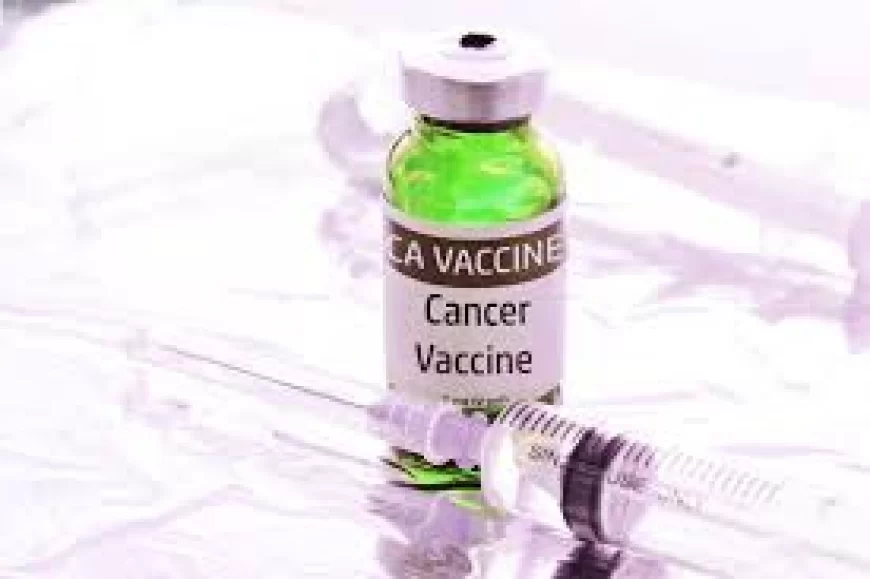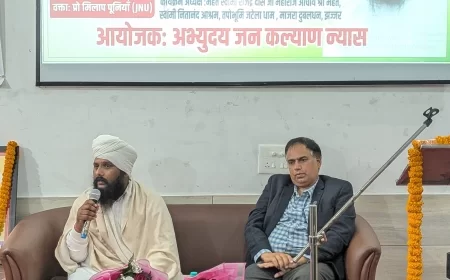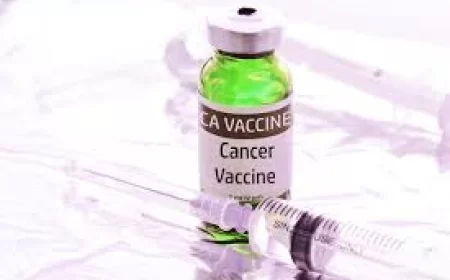Scientist Conduct First Human Trial To Test Vaccine Against Cancer
This study had been initiated by the joint association of the City of Hope, a cancer research organization situated in the United States, and Imugene Limited, an immuno-oncology company.

The first human patient has been injected with VAXINIA, a novel cancer-killing virus, as part of Phase 1 clinical trial to treat people with advanced solid tumors. This study had been initiated by the joint association of the City of Hope, a cancer research organization situated in the United States, and Imugene Limited, an immuno-oncology company. This oncolytic virus had shown promising effects in the shrinkage of tumors of lung, pancreatic, breast, ovarian, and colon cancer.
The oncolytic viruses are a group of beneficial viruses that are used in the treatment of cancerous cells, as they release infectious virus particles by the process of oncolysis that helps in exterminating the tumor. Although, the previous trials of using the oncolytic virus to treat neck and head cancer were first initiated by China in 2006. Despite numerous advantages it had over traditional methods, it had a basic problem of specificity to the affected area and the efficiency that could vary from person to person.
The virus CF33-hNIS VAXINIA has a distinct pathway as it not only makes the immune system responds to kill cancer but also responds to immunotherapies given to the patient. This is made possible by sparing the healthy cells and only infecting and killing the cancer cells. Previous inhibitors were also effective but were usually retorted by the patients' immune system as they developed resistance when treated with chemo or radiation. Interestingly, similar characters would enhance and supplement the success of VAXINIA.
This test was done on various animals before implying it on the human body and only after successful harnessing first dosing was done. It is further to be tested on 100 more patients particularly from the United States and Australia in 10 trial sites. The study would first incorporate small doses of CF33-hNIS in patients and after a successful demonstration, they would further relieve the doses in combination with Pembrolizumab, an antibody that boosts the body's immune system to fight against tumor-inducing cells.
Even though these steps are just a knock at the door to the permanent cure of cancer, the medical sciences are hopeful about the virus as a whole. The safety and search for the amount of effective dose are still on the radar but the outcomes of the study will be on standby till 2025.
What's Your Reaction?
 Like
0
Like
0
 Dislike
0
Dislike
0
 Love
0
Love
0
 Funny
0
Funny
0
 Angry
0
Angry
0
 Sad
0
Sad
0
 Wow
0
Wow
0



























